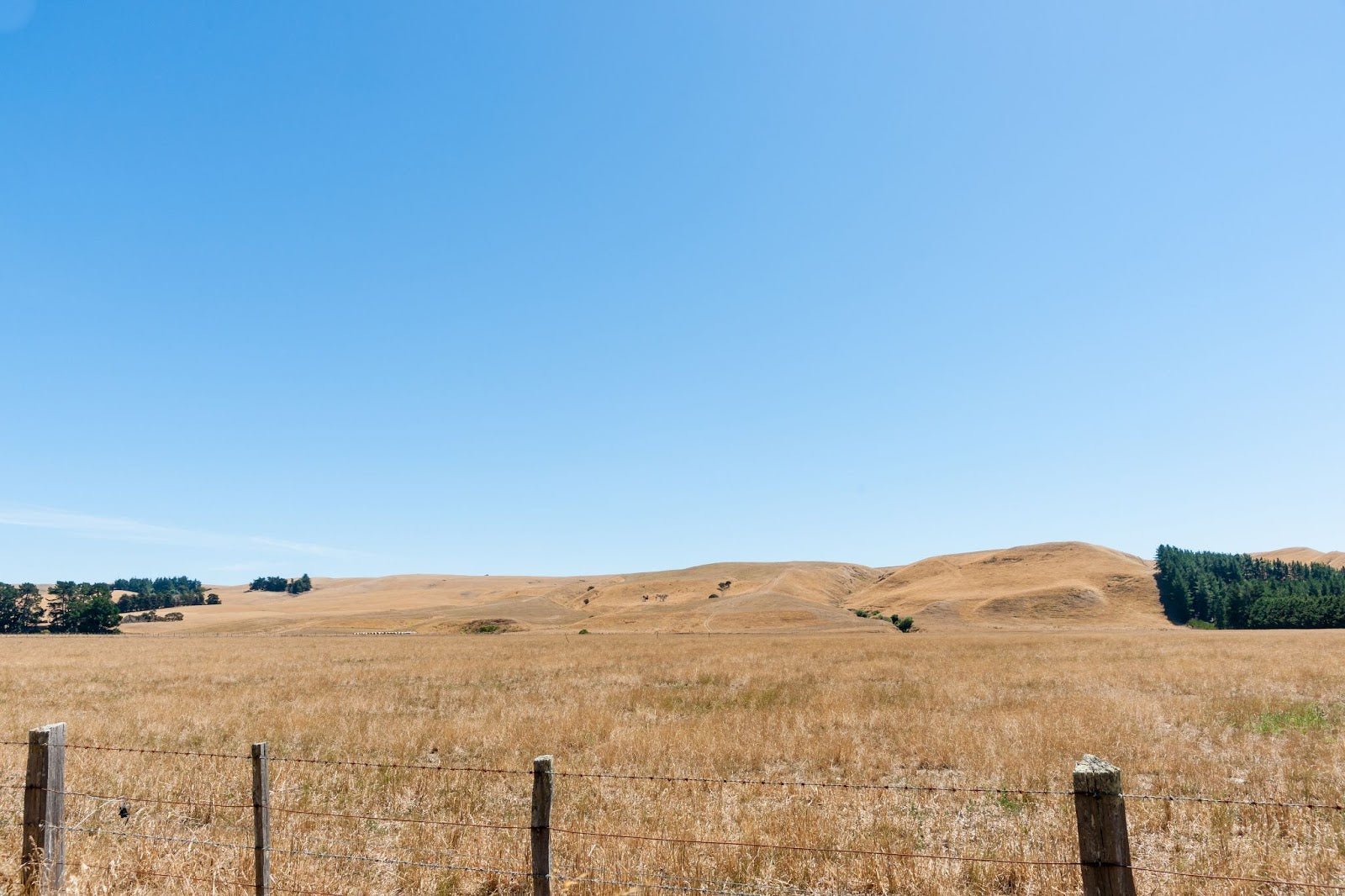Why Plastic Water Tanks Are Essential For New Zealand's Drought Season

Plastic water tanks can bring benefits in both urban and rural settings. These storage containers collect rainwater and keep it until it's needed. Both homeowners and farmers can use plastic water tanks to hold water collected during the rainy season and save it for use during a drought.
Drought conditions are becoming more common, and water tanks are part of the solution to ensure that residential and farm properties have sufficient water supply.
What Are the Benefits of a Plastic Water Tank?
Plastic water tanks are essential for drought preparedness and for many properties that are not connected to the town water supply, who rely on rainwater. They bring other benefits as well.
- Plastic water tanks limit storm runoff on your property. These systems accumulate water from the roof via a gutter system that maximises collection. This water would otherwise flow onto your property. The runoff could create damage, erosion or stagnant water, which could lead to an increase in mosquitoes and other pests.
- Plastic water tanks can help save money. After you install the system, the water you collect is essentially free to use. You can utilise it to supplement the water from your city or town's supply system. If you have the correct tank size for your needs, you can save on your water service bills.
- On farms (and in residential gardens), water tanks can provide irrigation. When natural rainfall is insufficient for growing crops, this previously collected water can ensure that the plants remain irrigated during the low precipitation period.
- Water tanks help with conservation because they do not affect the existing water supply in your area. If you are concerned about water usage affecting the environment, a tank could be the answer.
- A plastic water tank can provide water in the event of an emergency. If a natural disaster cuts off the water supply, you can use the water from the rain tank until your town's connection returns. However, you would need to treat the water before using it for drinking. All of our tanks are made from polyethylene, which is a food-grade plastic that can safely hold potable water. Combined with a proper filtration system, this tank can produce drinkable water.
These environmental and cost-saving benefits are attractive, but plastic water tanks are most valuable during drought conditions.
How a Plastic Water Tank Can Help During a Drought
Here is an example of how useful water tanks can be during low-rainfall periods.
Drought conditions came to the North Island and parts of the South Island during the summer of 2019/2020. At this time, many regions in the country implemented water restrictions. These rules limited outdoor water use for things like gardening and washing vehicles.
Plastic water tanks are ideal for these types of outdoor tasks, in fact, during drought-based restrictions, the water stored in such a tank can save your garden. Having such a reserve for irrigation can be even more invaluable if you have a commercial growing operation.
Rainwater Can Limit Strain on the Water Supply
Non-treated water (also known as greywater) is suitable for interior uses, such as flushing toilets. Most people do not even think about this type of water use, but it is actually significant.
The average person uses 86 litres of water per day for flushing the toilet. This amount is more than they use for bathing (68 litres). So even without resorting to a filtration system to make water potable, you can significantly reduce water use in your home during a drought.
Overall Plastic water tanks are invaluable when it comes to helping with irrigation and outdoor water use during a drought especially for farmers or avid gardeners. It can also supply greywater to your house and help you get around outdoor watering restrictions. If you would like more information on water tanks, how to determine the best size water tank or for a free water tank quote, contact us here, we would be happy to help!

